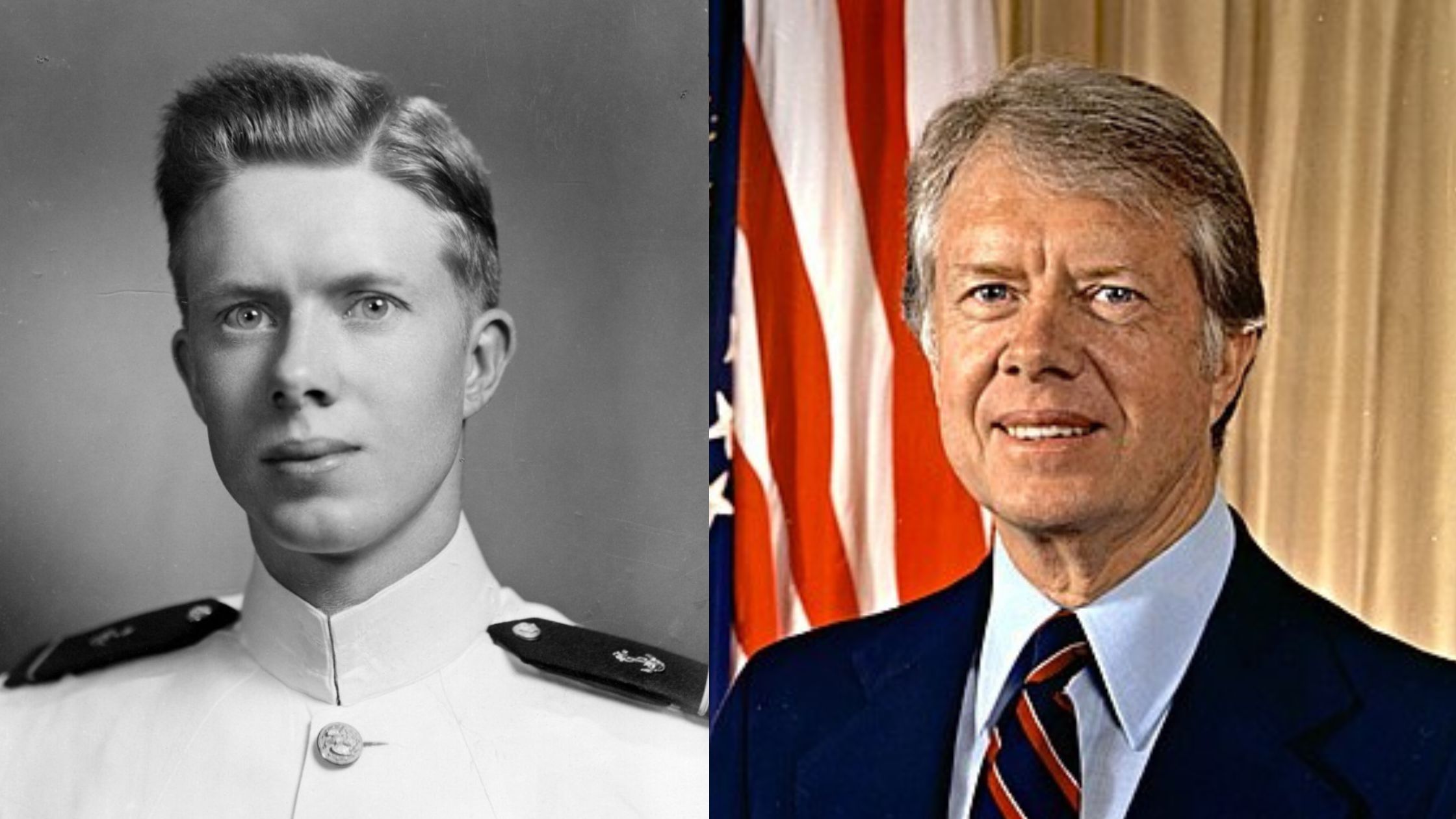Jimmy Carter, born James Earl Carter Jr., was the 39th president of the United States from 1977 to 1981. Yet Carter’s contributions to public service extend far beyond his presidency. Some of his most notable achievements include the Camp David Accords, the SALT II Treaty, and the Panama Canal Treaty.
He also advocated for human rights, equality, and environmental conservation. President Carter has been a firm supporter of peace and justice throughout his career. This blog post will look at this remarkable man’s life and accomplishments.
Early life and career
Carter was born in Plains, Georgia, on October 1, 1924. He was the oldest of four children who grew up on a peanut farm. He began his education at Georgia Southwestern College before the United States Naval Academy, where he graduated in 1946.
After serving in the Navy, Carter returned to the Plains and took over the family farm. He also became involved in politics and was elected to the Georgia State Senate in 1962. He served two terms before running for governor of Georgia in 1970.
Jimmy Carter’s Family Life
Carter married his wife, Rosalynn Smith, on July 7, 1946, and they have been married for over 75 years. Together, they have four children: John William “Jack” Carter, James Earl “Chip” Carter III, Donnel Jeffrey “Jeff” Carter, and Amy Lynn Carter.
Jack Carter is a businessman and politician who ran unsuccessfully for the U.S. Senate from Nevada in 2006. Chip Carter is a businessman and author who has written several books on his experiences growing up in the Carter family. Jeff Carter is a musician and composer who has released several albums of original music. Amy Carter is an activist and artist who gained national attention during her father’s presidency for her activities and her unique perspective as the youngest child of a U.S. President.
Throughout their lives, the Carter family has been known for their dedication to public service and their commitment to social justice and human rights.
Jimmy Carter’s campaign for president
Carter’s presidential campaign in 1976 was a long shot. He was up for the Democratic nomination against several more well-known opponents as the governor of a small southern state.
He was an unknown governor from a small southern state, and he was up against several more established candidates for nomination.
As president, Carter faced many domestic and international challenges. He was particularly concerned with human rights, energy policy, and environmental protection. Besides, he worked to improve relations with the Soviet Union and to mediate a peace treaty between Israel and Egypt.
Despite his efforts, Carter’s presidency was marked by some setbacks, including a struggling economy, the Iran hostage crisis, and the Soviet invasion of Afghanistan. In 1980, Carter lost his bid for re-election to Ronald Reagan.
Post-Presidential Career
Carter stayed involved in public service after leaving the White House, despite his sadness at not winning the presidency.
He established the non-profit Carter Center, which works to advance democracy and peace around the world. The Carter Center has worked on projects, such as promoting human rights, eradicating sickness, and monitoring elections.
Carter has also participated in many humanitarian efforts. He has advocated for affordable housing, poverty alleviation, and the advancement of human rights. He has traveled to over 100 countries to help broker peace treaties and promote democracy.
Carter was awarded the Nobel Peace Prize in 2002 for his efforts to promote peace and human rights. He is one of only four United States presidents to have received this honor.
Legacy
Carter left behind a legacy of public service and humanitarianism. He has spent his entire life working to promote peace, justice, and equality. He has worked to promote democracy and human rights all over the world, inspiring countless others to do the same.
Carter’s presidency was not without its challenges and controversies, but his dedication to public service and contributions to society extend far beyond his four years in the White House. His life exemplifies the power of hard work, determination, and a desire to make the world a better place.
Conclusion
In conclusion, Jimmy Carter is a remarkable figure in American history.
His legacy will continue to motivate future generations. From his humble beginnings on a peanut farm in Georgia to his time in the White House and beyond, Carter has dedicated his life to public service and the pursuit of peace and justice.
He has been an inspiration to millions, and his legacy will continue to inspire future generations to make a positive difference in the world.
One of the most successful former presidents of the United States today is Jimmy Carter. His dedication to environmental protection, advocacy for peace, and commitment to human rights will all live on in his legacy.
He is also known for his tenacity and dedication to social justice, his support for democracy, and his commitment to enhancing the quality of life for Americans.



